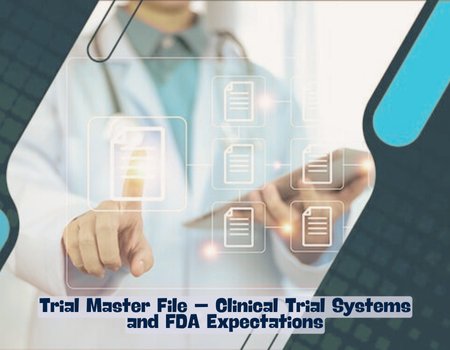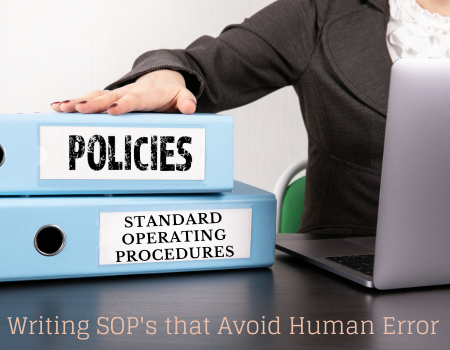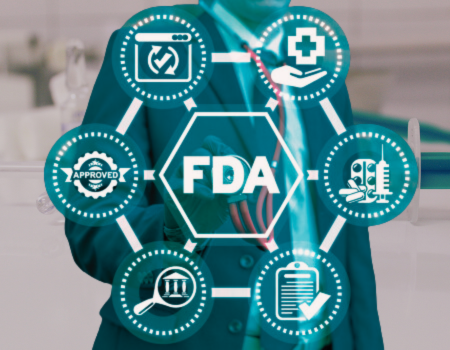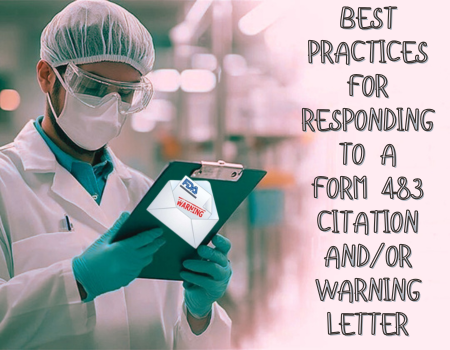The TMF includes all of the documentation that a sponsor must record to demonstrate that they have met their obligations for the conduct of a clinical trial. Alternately, an electronic Trial Master File, or eTMF, can be used to collect/create and manage all of the necessary data and documentation. We will discuss the benefits and challenges of moving to an eTMF or maintaining a hybrid solution that includes both a paper TMF and an eTMF.
The Code of Federal Regulations states in 21 CFR 312.50: “Sponsors are responsible for… ensuring that the investigation(s) is conducted following the general investigational plan and protocols contained in the IND”.
The European Directive 2005/28/EC states: “Trial master file shall consist of essential documents, which enable both the conduct of a clinical trial and the quality of the data produced to be evaluated.”
ICH GCP, Section 8.1 describes “essential documents” as those that individually and collectively permit the evaluation of the conduct of a trial and the quality of the data produced.
A consolidated guidance for the industry on Good Clinical Practice (GCP) in 1996 was published by the International Conference on Harmonization (ICH). The objective was to provide a unified standard for the United States, European Union, and Japan to facilitate mutual acceptance of clinical data by the regulatory authorities in these global jurisdictions.
The ICH document guided companies in all ICH regions to establish trial master files that contain key documents that enable the evaluation of the conduct of a trial and the quality of data produced uniformly by all jurisdictions involved. In the US, there is no specific requirement from the FDA for companies to prepare a trial master file, but if the regulatory authority requires ICH GCP to be followed, then there is consequently a requirement to create and maintain a trial master file.
Documents contained in the TMF must be available for inspection by the appropriate regulatory authorities at any time during and after the conduct of a clinical trial and must be submitted to support the request for product approval. This is true for pharmaceuticals, biologics, and medical devices. More recently, tobacco and tobacco related products have come under regulation by FDA, and will also be discussed.






